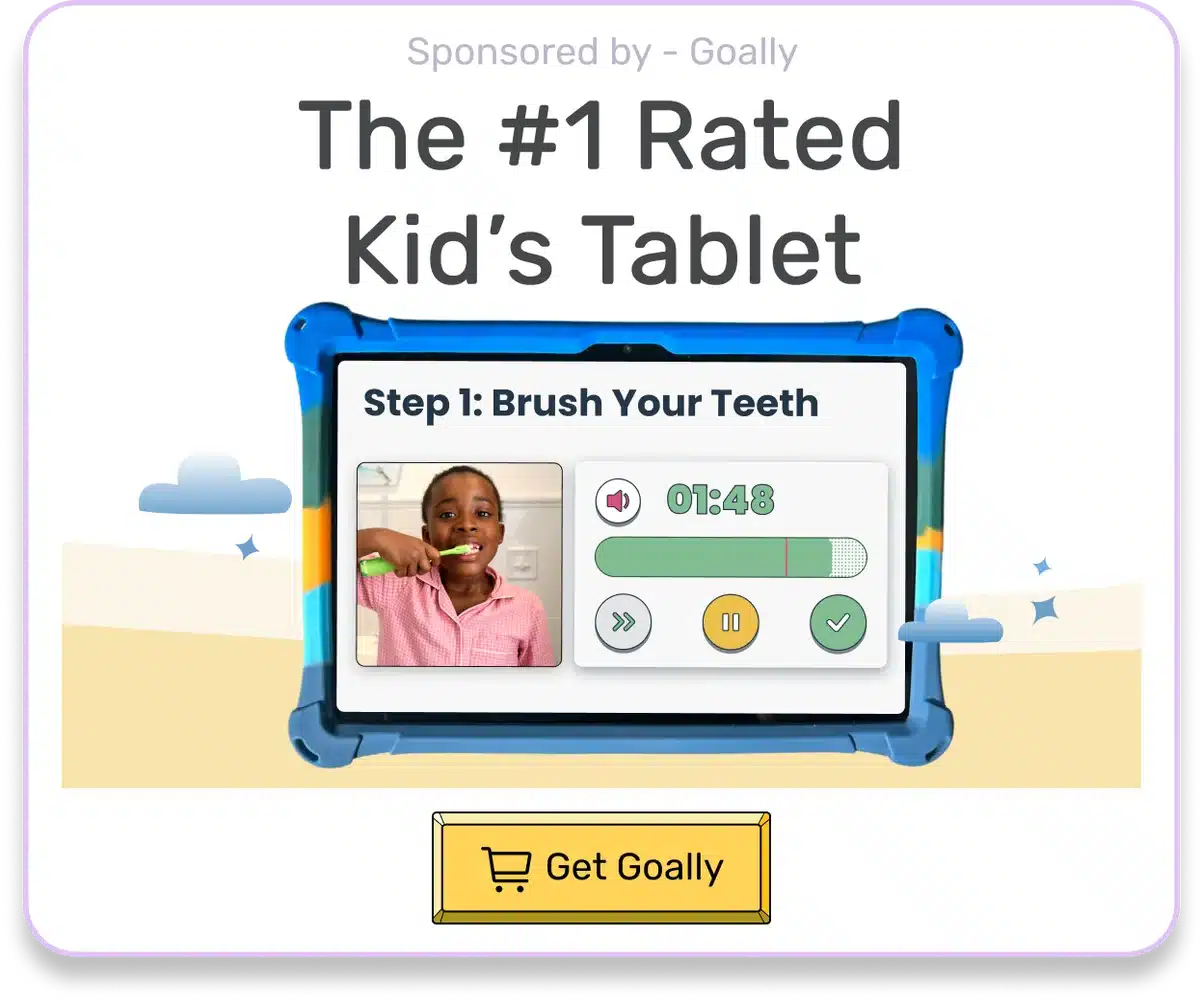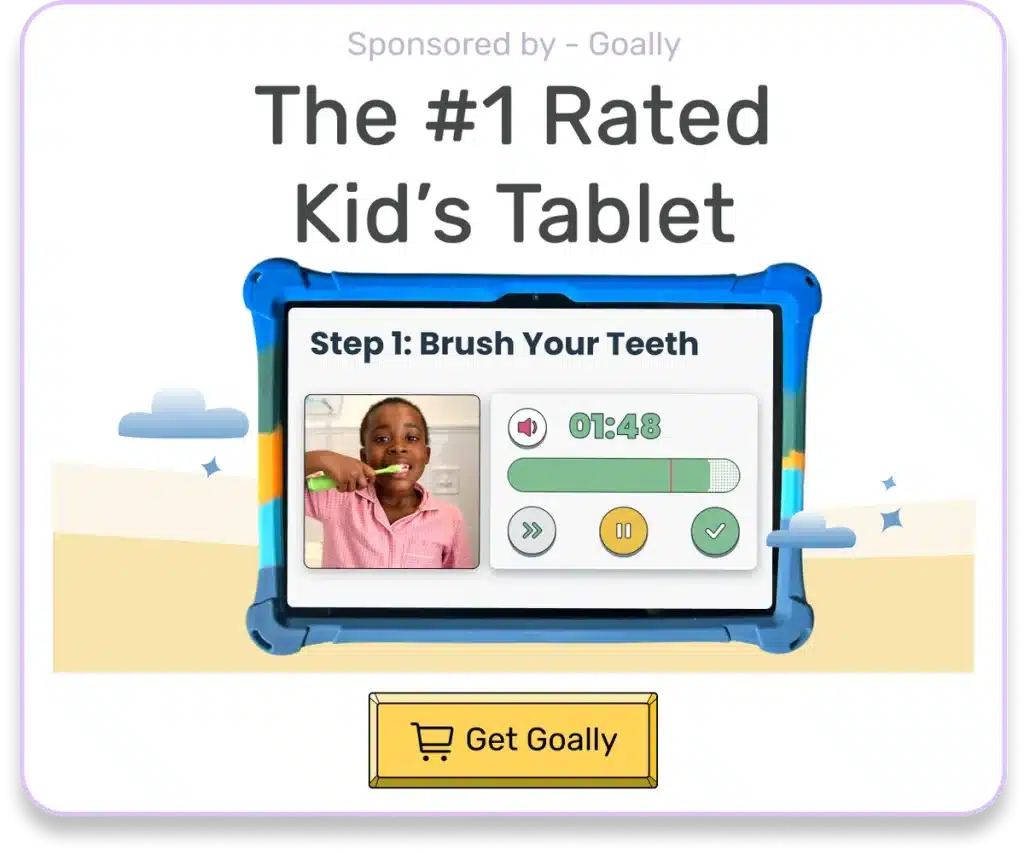As a parent, you might be wondering and concerned when you notice your child constantly spitting. You’re not alone, and this blog post is here to help. We’ll look at the possible reasons behind this behavior, discuss strategies to address it and provide insights into when it might be time to seek professional guidance. By the end of this article, you’ll have a better understanding of your child’s spitting habit and feel more confident in addressing it.
Table of Contents
Understanding the Reasons Behind Spitting
Before we tackle solutions, it’s essential to understand the possible reasons why your child might be spitting. Several factors could contribute to this behavior, and we’ve listed these factors below to help you identify the root cause.
- Oral Sensory Needs: Some neurodivergent kids, such as those with autism or ADHD, may have heightened oral sensory needs. Spitting can provide sensory input that helps them self-regulate.
- Medical Issues: Certain medical conditions, like acid reflux or allergies, can cause excessive saliva production, leading to spitting.
- Emotional Expression: Spitting might be a way for your child to express frustration, anger, or anxiety.
- Attention-Seeking: If spitting elicits a reaction from you or others, your child might continue the behavior to gain attention.
- Imitation: Kids often mimic the behaviors they see around them. If someone in their environment spits, they might be copying that behavior.

Read more: Parenting Plan
Once you’ve identified the possible reason behind your child’s spitting, you can begin to address it more effectively. Remember, understanding the “why” is crucial in finding the right solution.
Strategies to Address Spitting
Now that you have a better understanding of why your child might be spitting let’s explore some strategies to help curb this behavior. Keep in mind that every kid is different, so it’s essential to tailor these strategies to your child’s unique needs and circumstances.
- Identify Triggers: Observe your child and take note of when and where spitting occurs. This can help you pinpoint specific triggers and address them accordingly.
- Offer Alternatives: Provide your child with alternative ways to meet their sensory needs, such as chewing gum, using a chewelry necklace, or sipping water through a straw.
- Teach Replacement Behaviors: Help your child learn more appropriate ways to express their emotions or seek attention, like using words or engaging in a preferred activity.
- Positive Reinforcement: Praise and reward your child when they refrain from spitting or choose an alternative behavior.
- Consistency: Be consistent in your approach to addressing spitting, both in terms of consequences and reinforcement.
Goally | The Safest Tablet for Kids

Using tools like Goally can help you track your child’s progress and provide consistent reinforcement for positive behaviors. Goally’s learning tablet and apps are specifically for neurodivergent kids, making it a great resource for parents like you.
When to Seek Professional Help
While the strategies above can be helpful in addressing your child’s spitting behavior, there may be times when professional guidance is necessary.

Read more: 5 Reasons Why Healthy Screen Time is Good
It’s essential to recognize when it’s time to seek help from a pediatrician, occupational therapist, or psychologist.
- Your child’s spitting is causing social, academic, or emotional difficulties.
- Spitting shows up with other concerning behaviors or symptoms.
- You’ve tried various strategies without success.
- You’re feeling overwhelmed or unsure of how to address the issue.
Don’t hesitate to reach out for help when needed. Professionals can provide valuable insights and tailored strategies to support you and your child.

Goally | Apps That Build Behavior & Life Skills for Kids
Want to keep your child motivated while building essential behavior and life skills? Goally’s skill-building tablet is designed to celebrate small wins and help your child grow.
Our Behavior Tracker helps you reward your kiddo for specific skills, like “being kind” or “flushing the toilet.”
By setting clear expectations and rewarding their efforts, you foster a positive environment for your child to flourish in their behavioral skills journey.

Understanding why your child is constantly spitting is the first step in addressing this behavior. By identifying potential triggers, implementing strategies, and seeking professional help when necessary, you can help your child develop healthier habits. Remember, you’re not alone in this journey, and resources like Goally are available to support you and your neurodivergent child.
FAQ’s About ADHD Child Spitting
Why do some children with ADHD spit?
Some children with ADHD may spit as a sensory-seeking behavior or as a way to self-regulate when they feel overwhelmed. Spitting can also be an impulsive action related to their ADHD symptoms.
Is spitting a common behavior in children with ADHD?
While not all children with ADHD engage in spitting, it can be a more common behavior among this population compared to typically developing children.
How can I help my child with ADHD stop spitting?
To help your child stop spitting, try to identify triggers, teach alternative coping strategies, and use positive reinforcement to encourage appropriate behaviors. Consistency and patience are key when addressing this issue.
Should I punish my child with ADHD for spitting?
Punishment is generally not recommended for children with ADHD who are spitting, as it may not address the underlying reasons for the behavior. Instead, focus on positive reinforcement and teaching alternative skills.
When should I seek professional help for my child’s spitting behavior?
If your child’s spitting is frequent, intense, or not responding to your attempts to address it, consider seeking help from a mental health professional or occupational therapist experienced in working with children with ADHD.
This post was originally published on 05/15/2023. It was updated on 05/02/2024.

Goally
We help parents teach their kids life skills, like doing bedtime and morning independently. Backed by science, we incorporate evidence-based practices and expert-informed designs in all of our apps and content.






